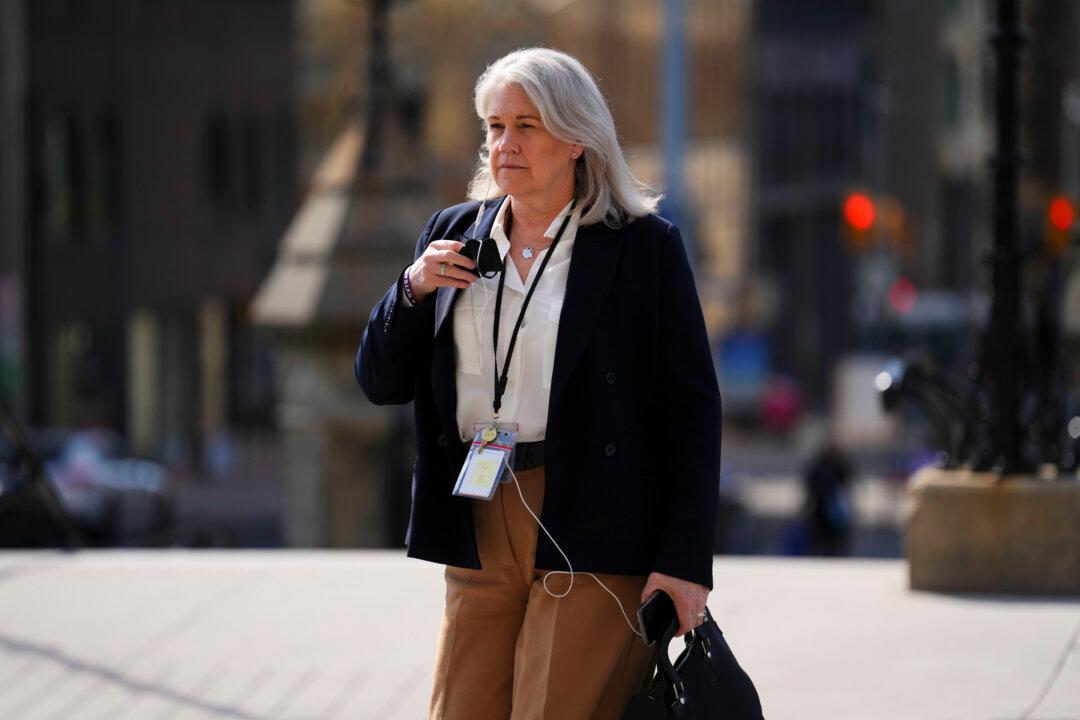Jody Thomas, the national security and intelligence adviser to Prime Minister Justin Trudeau, led the first Indo-Pacific Dialogue between Canada and the United States on March 10, discussing both economic and security issues in the region.
Thomas led the discussion in Washington, D.C., alongside Kurt Campbell, the American coordinator for Indo-Pacific affairs in the National Security Council and also deputy assistant to President Joe Biden.





